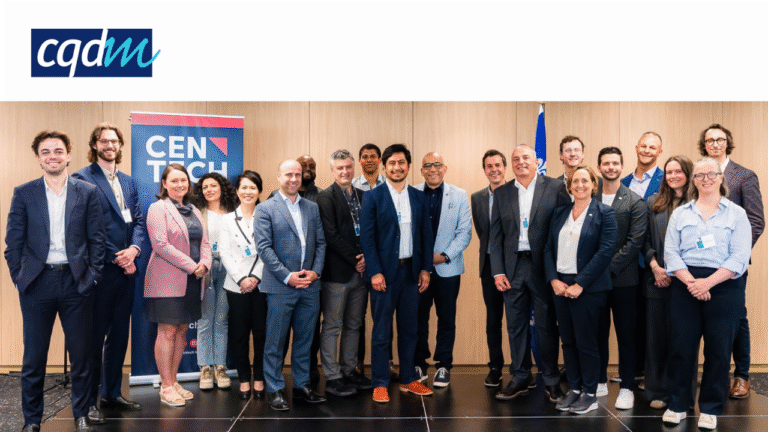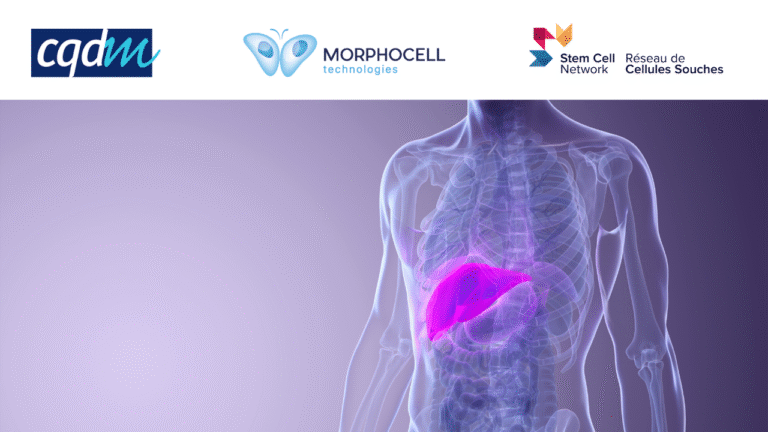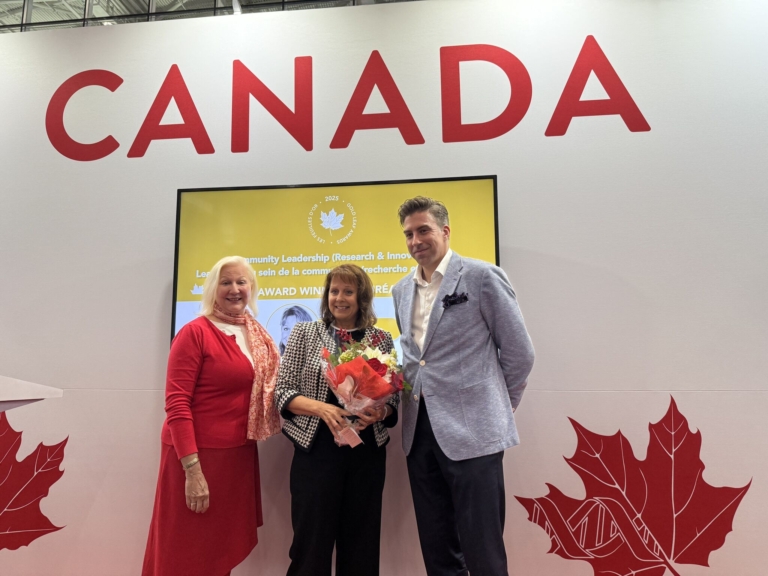Challenge: Showing architectural similarities with the real human brain, brain organoids offer a promising avenue for understanding human biology, disease processes and for the development and validation of drugs to treat brain-related diseases. By engineering personalized organoids from the reprogrammed cells of patients, scientists can study disease in a very individualized way. However, brain organoids are not yet suited to respond to the robustness and reproducibility needs of the industrial scale drug development HTS process. Moreover, current methods for brain organoid production are long, manual and often not reproducible processes.
Solution: The project is led by a multidisciplinary team with expertise across different fields that will tackle challenges in improving the process of brain organoid generation and implementing new technology to assist in scaling the process towards automation and drug discovery. The overall objective is to develop and manufacture customized High Throughput Brain Micro Physiological Systems (HT-Brain-MPS), by applying microfabrication and microfluidics technology to modulate the physiological growth of brain organoids. The HT-Brain-MPS will enable production of brain organoids to be scaled up in an automated manner, decreasing total costs associated with the generation and maintenance of neuronal organoids, decreasing person-hours and increasing the reproducibility and efficiency of 3D neuronal models for drug screening and data acquisition.
Expected Achievements/Impact: The proposed platforms can hence play a critical role in accelerating drug development efforts for neurodegenerative diseases. The HT-Brain-MPS will fit current multiplexed HT assay equipment available in most drug development industries and research centers, facilitating automation and data acquisition, while paving the way for increased production of patient-derived organoids for personalized treatment.
| Principal Investigator: Thomas Durcan Montreal Neurological Institute, McGill University |
| Co-investigators Christopher Moraes Edward Fon Luke Healy McGill University |
| Ongoing Project |
| $ 1,600,000 / 3 years |
| Supported by CQDM through: – Merck Canada – MEI |
| And by co-funding partners – Brain Canada Foundation – Health Brains for Healthy Lives (HBHL) |




